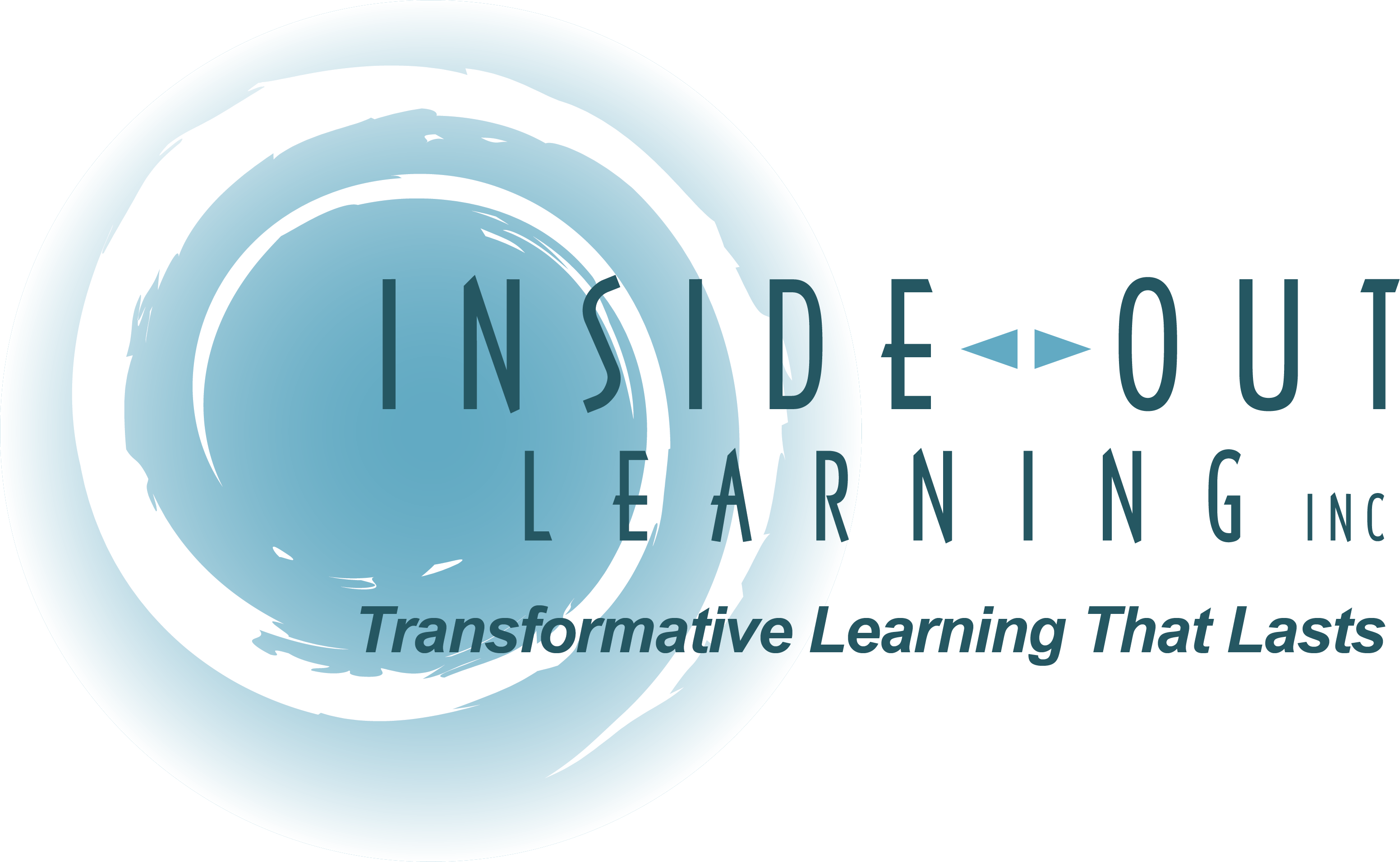Uncover Your Motivation to Lead by Asking Yourself 2 Simple Questions
*Forwarded from Feedly*
Uncover Your Motivation to Lead by Asking Yourself 2 Simple Questions
https://ift.tt/2CZ4bcZ
If you run a business, your people are looking to you for guidance in a moment of crisis. Your words make an impression on your team, partners, and customers.
According to a recent report by consulting firm McKinsey & Company people are looking for a different kind of leadership during the coronavirus pandemic. They’re searching for leaders who show more humanity.
“In a normal environment, it’s about business leadership and setting up strategy, as well as culture and people decisions. In this environment, it’s about helping people maintain morale,” reads the report.
Great leaders who show their humanity inspire people and strengthen bonds among teams. But how do you show that other side to your personality at work? As a CEO communication coach, I typically ask two simple questions to uncover a client’s deeper motivation.
The questions are:
- What makes your heart sing?
- Tell me something about your company that’s meaningful to you, personally?
The first question is based on a comment from Steve Jobs, saying that the intersection of technology and liberal arts is what makes his heart sing. The second question often leads to a story that the executive has never told publicly.
What Makes Your Heart Sing?
Several years ago, I consulted with a Walmart executive who wanted to engage employees at the company’s monthly meetings for new hires. Prior to our conversation, her presentations were filled with the nuts and bolts of the onboarding process–the information they would need to do their jobs. It was informative, but not inspiring.
“What makes your heart sing?” I asked.
“Our slogan–Save Money Live Better,” she responded.
I asked if she had a story that brings that slogan to life. The executive turned to me and my team and and told a heart-warming story about a member of her family who had been diagnosed with a debilitating disease. By shopping at Walmart they had saved $300 a month, enough to rent a specialized van.
After she included this personal story in her presentations, the manager was pleasantly surprised at the outpouring of positive emotion she received from peers and new employees. One new employee said she returned home that night and couldn’t wait to tell her family how excited she was for the company. Simply by telling a personal story, this manager had built trust, rapport, and commitment.
Tell Meaningful Stories.
In another instance, I was seated at a richly-appointed conference room with a senior executive at one of America’ largest companies. He had asked me to join his speech-writing and public relations team to prepare for his annual presentation to tens of thousands of employees.
I was bored after watching slides of mind-numbing charts and graphs, but I listened patiently.
After a short discussion, the executive shut his binder and prepared to leave. Everyone around the conference table also stood and began collecting their stuff. I remained seated.
“We’re not done,” I said. “There’s no emotion in the presentation. It’s not inspiring.” I turned to the executive and asked to hear something meaningful to him, personally.
The executive paused, thought about it, reached into his pocket, and pulled out his business card.
“Carmine, this card gets me an audience with prime ministers and presidents. It opens the door. But it’s our company values that keep those relationships strong. It’s the reason I’ve spend my entire career at this company.”
We changed the presentation to focus on company’s values and mission. Several weeks later we reviewed the employee surveys. The executive had received the highest marks of any leader in the company’s long history.
All said, show more of your humanity to build trust, rapport and empathy, especially now as employees are looking for a personal kind of leadership from their boss.
via Inc.com https://www.inc.com/
July 29, 2020 at 10:16AM
